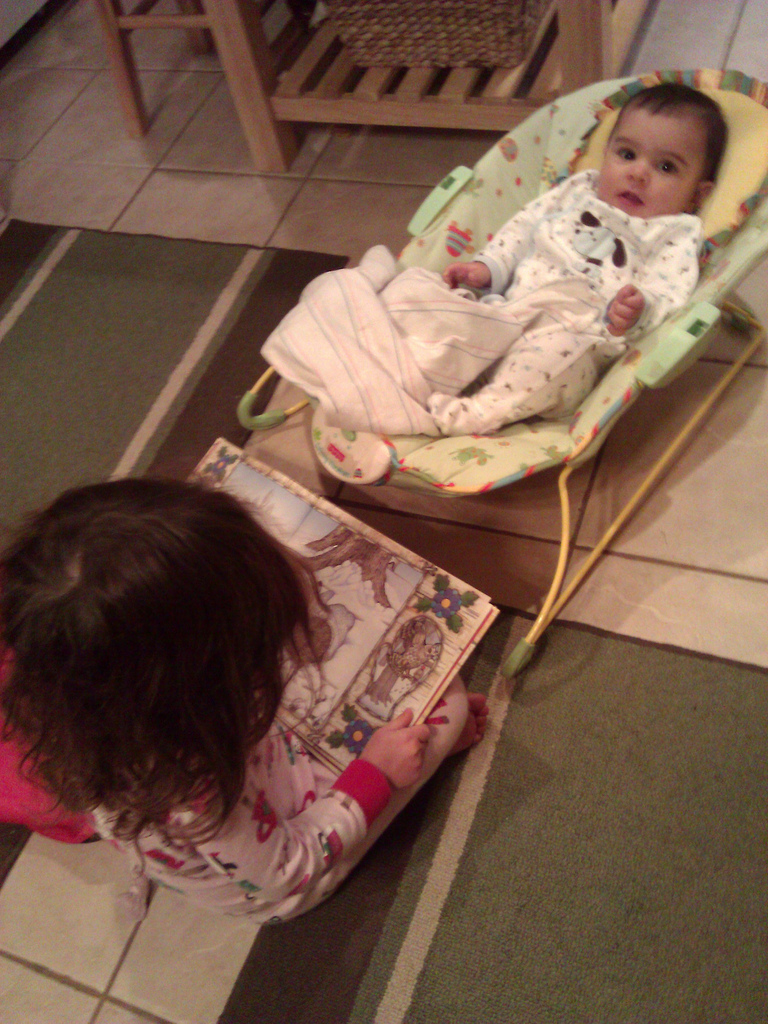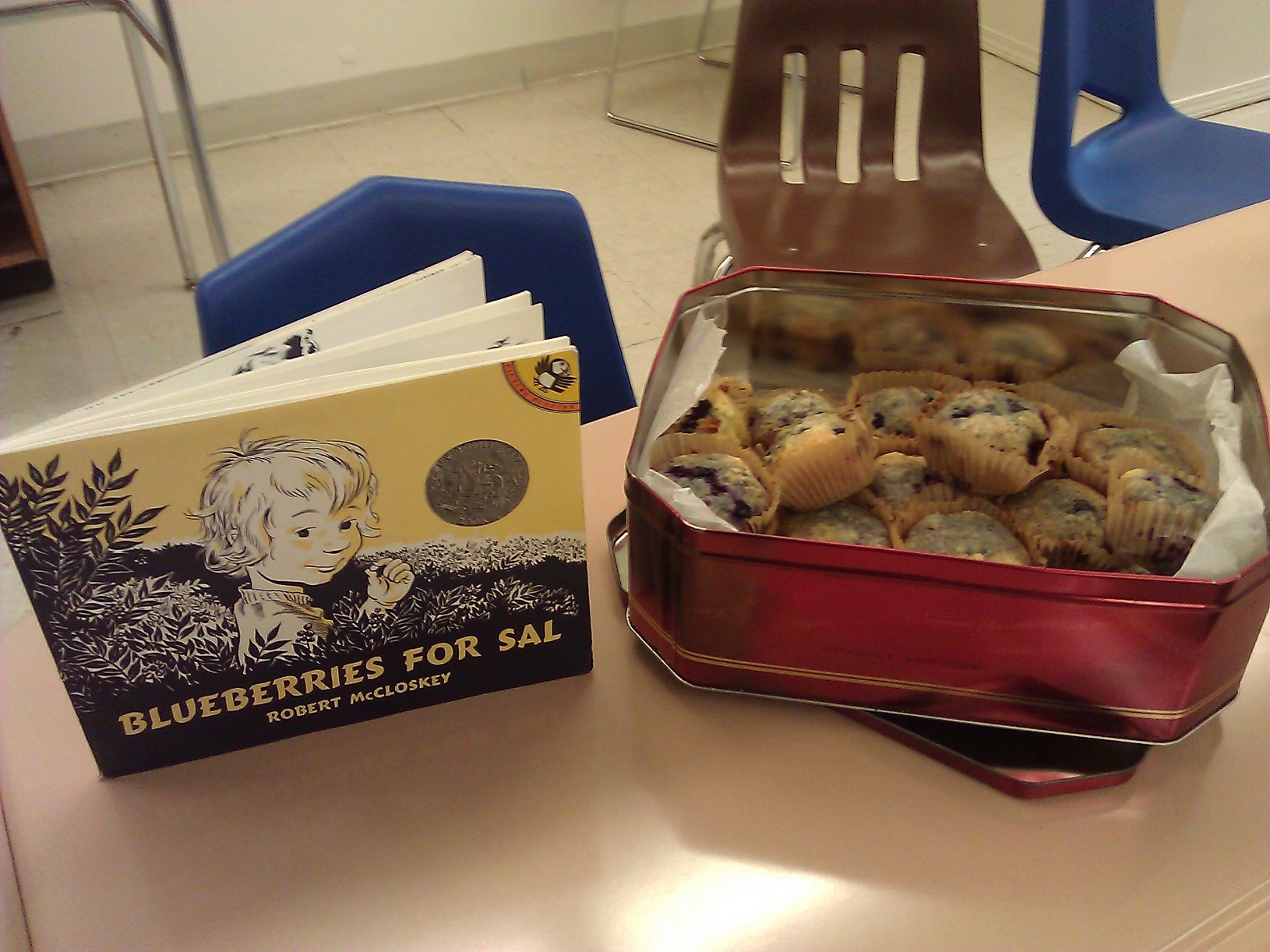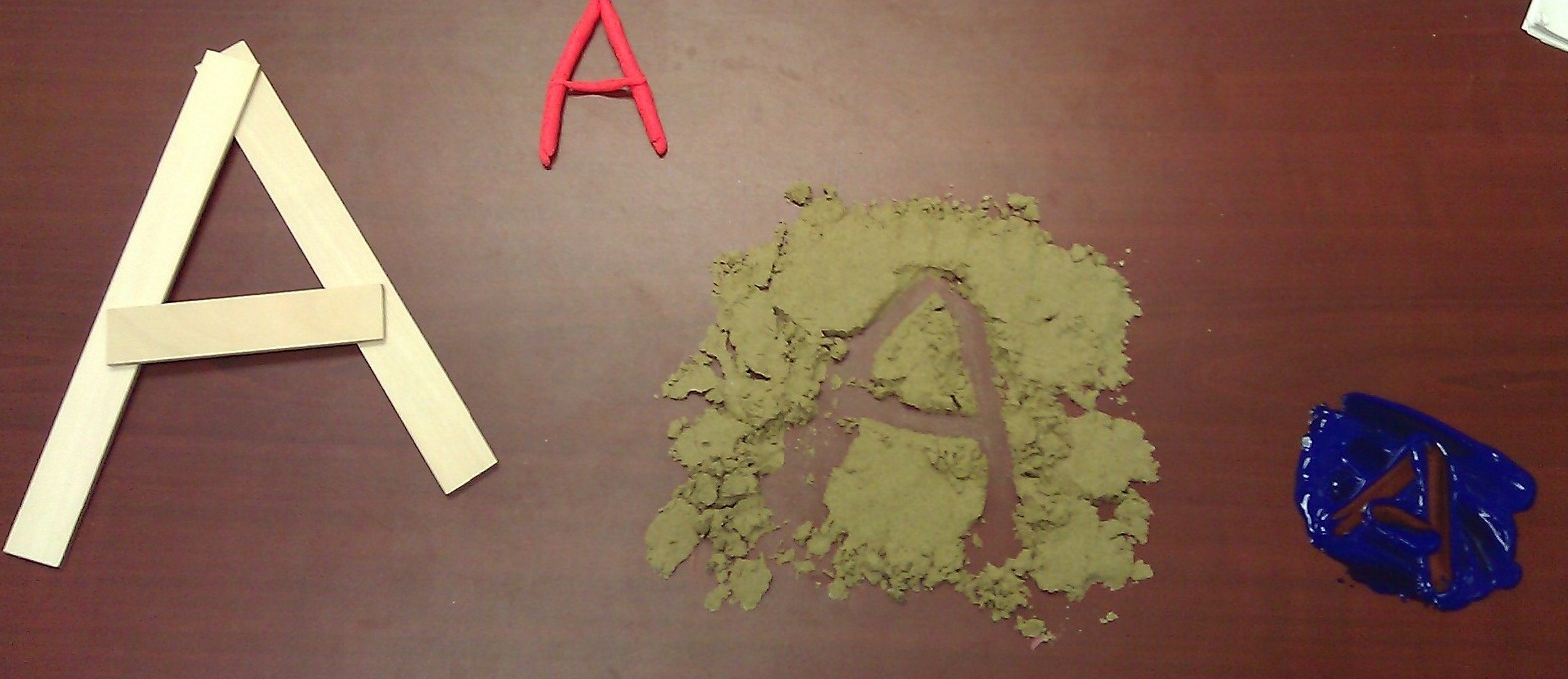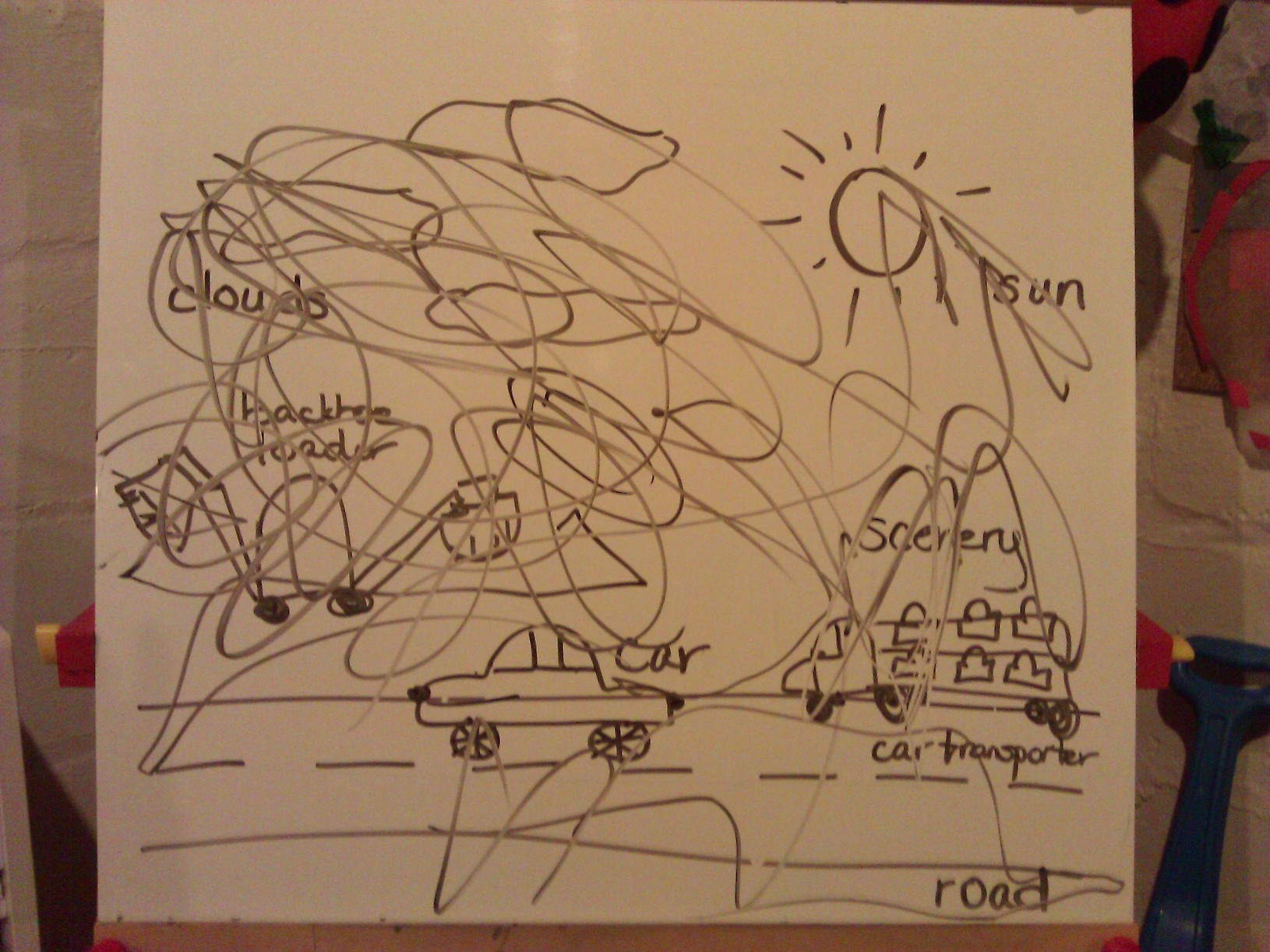Early childhood educators know that children learn the best and the most through their play. We are trained to see the learning and the different “content areas” within the play, and then ask good open-ended questions to enhance the children’s learning. Here is a video of simple block play experience with a 4 1/2 year old. Continue reading “Math, Science, Social Studies and ELA in Block Play”
Category: Teaching Strategies
A small glimpse at what I teach my early childhood preservice teachers in my Early Childhood Certification Program. Want to get more information and learn more activities and strategies? Parent PhD provides complete instruction and numerous activities in all aspects of Early Childhood Education and Child Development and Learning.
So what do I say to kids when they are playing?
One of the easiest and purest ways to extend children’s thinking is to talk to them, especially when they are playing and exploring. Ask them some open-ended questions, give them time to respond, and BOOM! you have added to their knowledge and skills. You have made them think and verbally interact with you. That is the essence of how children learn. Continue reading “So what do I say to kids when they are playing?”
Read Read Read to your kids!
I brought home a book from my office that we haven’t read with the kids before (The Mitten by Jan Brett). I told Miss H that we would read it after breakfast. She asked to hold it and said “Mommy I’m going to read it first.” She then sat down on the floor in front of her little brother in the bouncy seat and began to “read” the book to him. And what a story it was! It was a story of animals and snow and some made up words in between. Mr. M watched and listened intently, and added his own “words” when he felt it was necessary. They created their own “Shared Book Experience” all on their own. Continue reading “Read Read Read to your kids!”
Linking Children’s Literature with Cooking
Children’s literature is an obvious part of early childhood classrooms. Children learn about and come to understand the world through their experiences with fictional and nonfictional stories. Cooking is another part of early childhood classrooms that I feel should be just as obvious. The skills that children learn when participating in a cooking experience are too many to list: Math, Science, Literacy, Social/Emotional…and on and on. Continue reading “Linking Children’s Literature with Cooking”
First Explorations with Letters
Before children are even using writing utensils to attempt to write letters, they are making them with whatever they can find. Here are a few basic items to have in your classroom that children can use to explore the shapes, sizes and structures of letters for the first time: Continue reading “First Explorations with Letters”
Interactive Drawing with Toddlers
Interactive Drawing is a practice found in many early childhood classrooms. The premise is that a teacher explains to the children that authors use drawing to show their thinking on paper. It is also emphasizes that drawing is writing and can communicate a message. This is especially important for children who aren’t writing yet, and are still in the drawing stages. Because truthfully – they are writing! Continue reading “Interactive Drawing with Toddlers”
The Value of Book Talks and Author Studies
Book Talks and Author Studies are wonderful ways to explore and learn about children’s literature. I highly recommend doing them with the children you teach. They are also excellent additions to teacher education classes. I started doing these activities with my undergraduate students for two reasons:
1. I wanted my students to discover as many children’s books as possible and learn about different authors and genres of books.
2. I had done both with children in the past and found them so enjoyable, that I thought young adults should have some fun too.
Continue reading “The Value of Book Talks and Author Studies”
Basic Tips for ESL/ELL Instruction
Almost every classroom in the United States has children whose first language is not English. Early Childhood teaching strategies are very appropriate for working with this population of children. Here are a few tips for teachers with ESL children in their classrooms: Continue reading “Basic Tips for ESL/ELL Instruction”
Continue reading “Basic Tips for ESL/ELL Instruction”
The Different Types of Alphabet Books
ABC Concept books don’t focus on one specific theme for the book, but rather focus on learning the actual letters. The children will primarily learn the alphabet.
ABC Content books have one central theme and each letter represents something from that theme. The children will learn theme-specific vocabulary and the alphabet.
ESL/ELL Instruction – It’s easier than you think!
Whether you have ESL children or not in your classroom, having a variety of word games to be played by pairs of students or small groups is ideal. Pocket charts are great for these types of games. The key is to do activities where all students can interact and move around. Continue reading “ESL/ELL Instruction – It’s easier than you think!”



